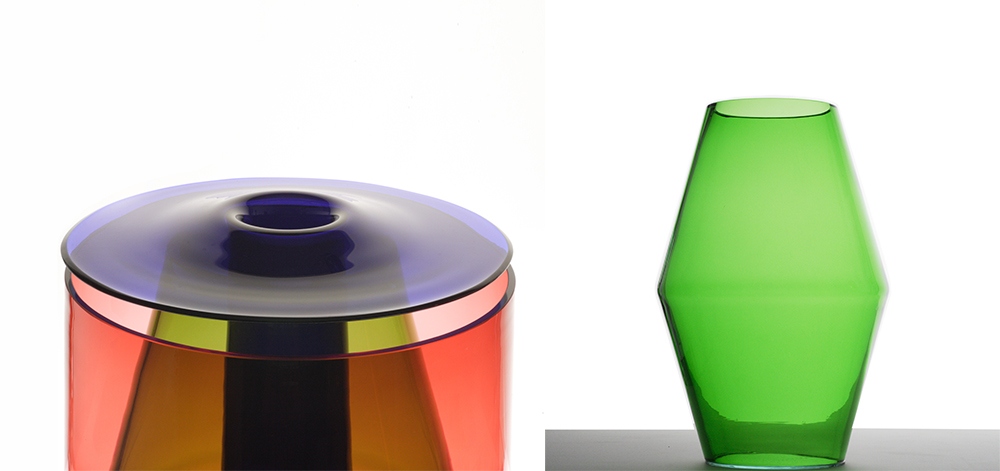Nothing can curb the innate ability that somebody like Óscar (Léon, 1975) has for generating new ideas. For him, not only spaces which are expressly dedicated to art but also those which populate our daily lives, like supermarkets and city street vendors, provide an unstoppable source of inspiration.
The industrial designer Óscar Díaz studied Fine Art at the University of Salamanca, but has taken a slightly different path during his time in the Fine Art School in Burdeos, where he specialised in industrial design, and his post in Matali Crasset’s studio in Paris. He completed his academic career in 2006 in the Design Department of London’s Royal College of Art, a city where he would eventually establish his own studio. Here he would balance his work as a designer with that of a lecturer in the great design hubs of world, highlighting Japan, whose influence is clear in much of his work, as one of the points of cultural exchange most central to his artistic development.
The way Óscar Díaz tackles his projects is not solipsistic, and he always claims to have a multidimensional outlook thanks to his collaboration with various specialists, who allow him different perspectives with which he completes his viewpoint. His work combines the development of mass-produced products with the creation of separate, artisanal style pieces, but it is united in the way in which he introduces an emotional element which give his work a magical character beyond the utilitarian features that define good design.
“Tubes” (his series of chandeliers), the successful “Ink Calendar”, “Volume” (a mirror) or his “RGB Vases” are merely a handful of examples of how Óscar takes ordinary household objects and gives them a surprising use that transforms them into an experience that surpasses the strictly functional and material.
The innovation and intelligence of Óscar’s creative mind is irrefutable. And so it is not surprising that Muji, Terra Plana, Phillips of Pury and Co and Hermès Japan, to name but a few, have enlisted his talents to guide their products to the shelves.
What do designers contribute to modern society? And what would you say was their function?
We live surrounded by objects, most of which have a particular function and serve as a kind of tool through which we relate to the world. At its most basic, a designer’s role is to improve this relationship by tweaking or rethinking everyday items.
[su_box title=”Continue reading Óscar Díaz´s interview” box_color=”#01832e”]Are you interested in reading Óscar Díaz interview? You have the complete article with more images in our printed magazine, at issue #0 Dreams. If you still do not have it, you can order it here and we will deliver it directly to your door.

